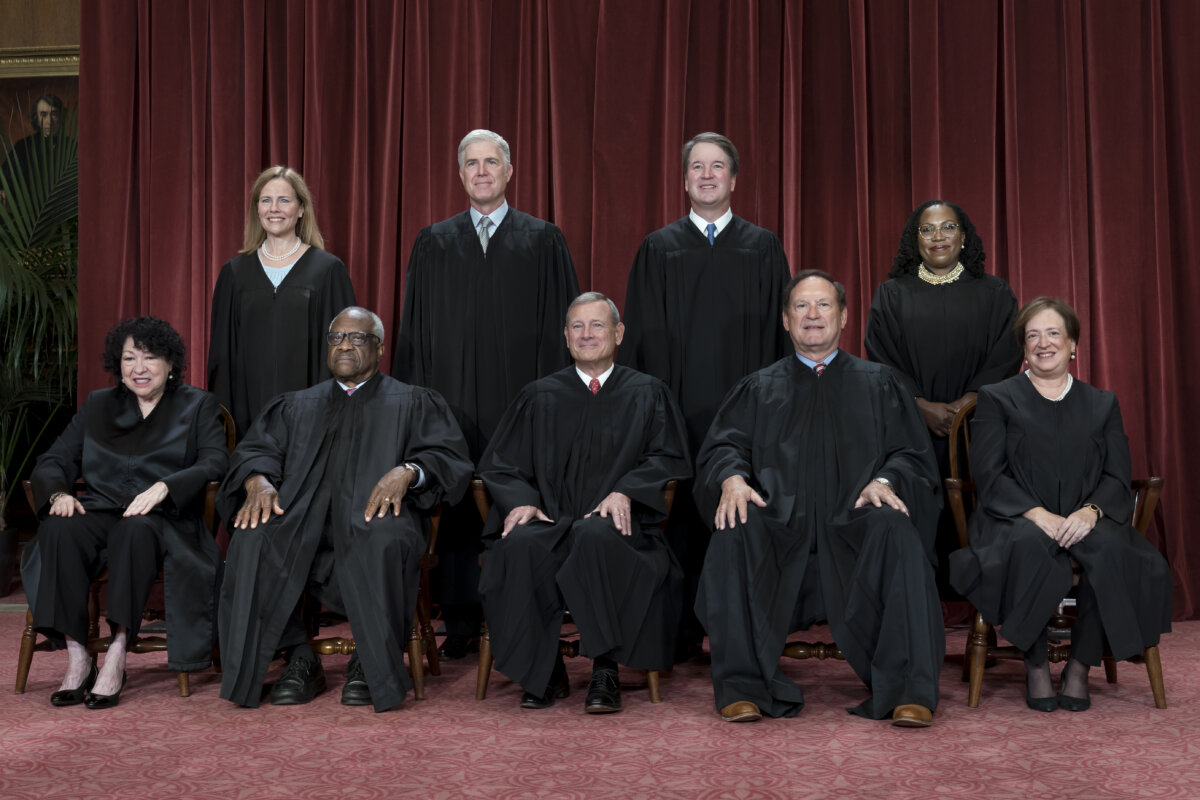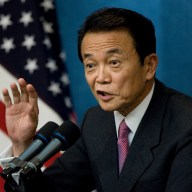LONDON – The global financial crisis is leading cash-strapped governments around the world to crack down on people protesting against rising poverty and unemployment, Amnesty International said Thursday.
Human rights have become a casualty in many places as attention is focused on pressing financial problems, the human rights organization said in its annual report.
Migrant workers in China, indigenous people in Latin America and millions across the African continent are already bearing the burden of official repression as they try to protest their growing deprivation, Amnesty said.
While world attention has been fixated on the collapse of financial service titans, those at the very bottom of the economic pyramid are suffering the worst, Amnesty’s Secretary General Irene Khan said in an interview.
“There is a kind of domino effect…here and those at the most vulnerable end of the chain are feeling the brunt,” Khan said.
She added intense focus on fixing the world’s troubled financial system is undermining discussions about inequality, insecurity and oppression.
“It is harder, much harder, to talk about maternal mortality when big Wall Street banks are crashing,” Khan said.
Amnesty’s annual roundup of human rights abuses across the world focused on the impact of the economic slowdown in countries like China, where millions of migrant workers drawn from its vast countryside have been thrown out of work by the collapse in exports. Authorities have maintained their tight grip on the country’s media and continue to harass or imprison those trying to challenge government policies, the group said.
In Latin America, Amnesty said the “already critical” situation of many indigenous groups risks being exacerbated by the crisis.
And in Africa, Amnesty said the rising cost of living has sparked protests across the continent – only to be met by violent repression.
Mali, Cameroon, Tunisia, Somalia, Zimbabwe and South Africa were singled out as African countries where worsening economic circumstances had led to unrest or attacks on human rights.
Khan said the impact of the crisis is “playing out in different ways in different countries.”
Policy makers in the United States, she said, are being distracted from dealing with global human rights issues by their focus on salvaging the economy. But she noted the world human rights community still has high hopes for President Barack Obama’s administration and she urged the president to put human rights high on his agenda.
“Crises create opportunity,” Khan said, arguing forgetting human rights in the scramble to reverse the downturn would leave any future economic recovery incomplete.
“Ignoring one crisis for the sake of the other will solve neither,” she said.
–
On the Net:
















